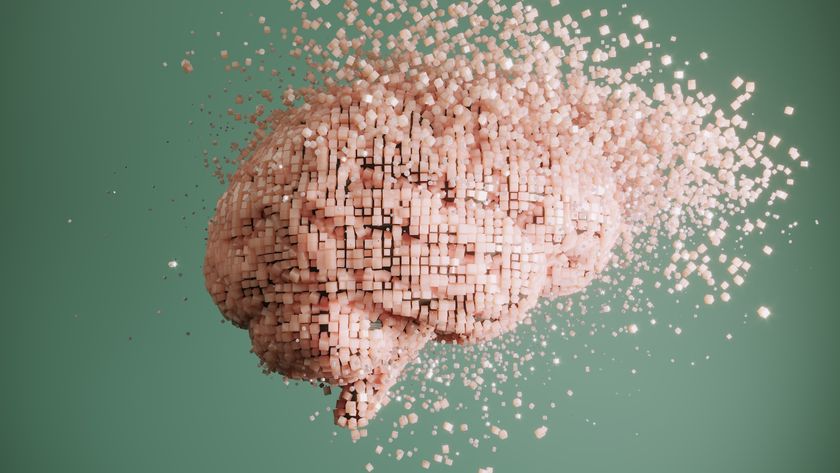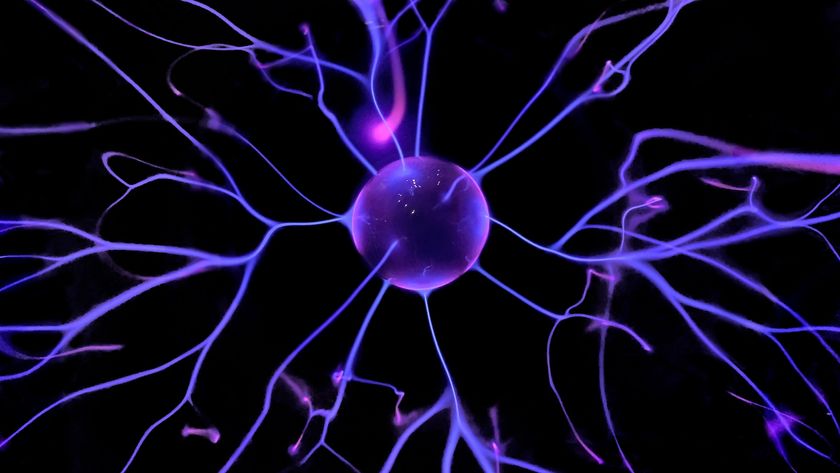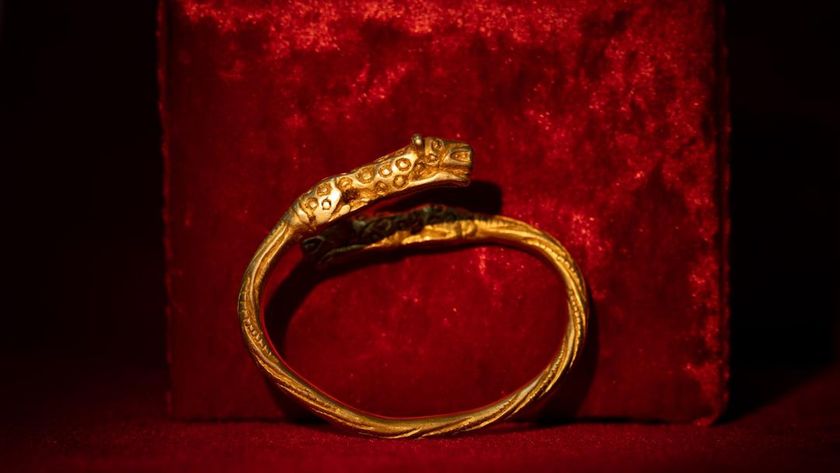Hormone Holds Promise as Memory Enhancer
Could boosting your memory someday be as simple as popping a pill? Scientists found that rats injected with a hormone could remember better, even two weeks after the memory was formed.
The memory-boosting hormone was IGF2, which plays an important role in brain development. The researchers suggest that a better understanding of how this chemical works (IGF2 is short for insulin-like growth factor 2) might lead to drugs that enhance human brain power, particularly in individuals with Alzheimer's and other neurodegenerative diseases.
"Understanding memory mechanisms — by that, I mean how memories are formed — we can get important information for potentially thinking about mechanisms and targets of memory impairment," said lead researcher Cristina Alberini, of the Mount Sinai School of Medicine in New York. The next step, she said, is to look at this hormone "in memory disease models, like Alzheimer's, stroke and aging."
The team thinks the IGF2 gave the rats a memory charge by altering the memory-creation process in the hippocampus, a part of the brain dedicated to creating memories of places, people and things. Within two weeks the hippocampus turns short-term memories into long-term memories, for rodents and humans alike. When IGF2 was injected into the hippocampus within that time period, the rats remembered better.
Rat recall
By administering small shocks to their feet, Alberini and her colleagues trained rats to avoid a darkened area of a box. Once the rats were taught, the researchers studied how much IGF2 the rats' brains produced, and when.
They saw that hormone levels spiked one to two days after training, and if they turned off the IGF2 (through genetic engineering) they could stop the learning process. The IGF2-deficient rats forgot to avoid the dark area.
Sign up for the Live Science daily newsletter now
Get the world’s most fascinating discoveries delivered straight to your inbox.
If the scientists injected the rats with IGF2 when the rodents were first learning or while they were remembering the learning, the rats remembered better, meaning they didn't often stray into the dark area.
"If we add [IGF2] into the hippocampus, we boost the memory formation significantly," Alberini said. "We also see less decay of the memory over time; we prevent the forgetting."
Why we forget
Most of the brain hormones that have been identified seem to do the opposite: They block memory formation.
"Enhancement is rare. Most of the time when you manipulate memory, you cause deficits; it's easier to damage things than improve them," said Alcino Silva, a memory researcher at UCLA who was not involved in the study. "It's really amazing; I think we are on the verge of having the essential building blocks of how memories are made in the hippocampus."
The team is now looking at neurodegenerative diseases to see if they can find defects in the IGF2 pathway that might have an impact on memory.
"It is possible that in some of these memory losses there is a lack of IGF2 or a lack of the receptor," Alberini said. "Going in and looking at these markers, we can ask, 'Is it because it is missing?'"
While having a better memory might seem like a great idea (especially to students cramming for a test!), Silva points out that forgetting is also an important part of how our brains work. "Our brains are self-adjusting, rule-making machines," Silva told LiveScience. "We extract and extrapolate, we derive rules from various situations." If we remember too much, he notes, we risk messing with the brain's delicate balance between remembering, forgetting and filtering of our life experiences.
The study will be published tomorrow (Jan. 27) in the journal Nature.
You can follow LiveScience Staff Writer Jennifer Welsh on Twitter @microbelover.
Jennifer Welsh is a Connecticut-based science writer and editor and a regular contributor to Live Science. She also has several years of bench work in cancer research and anti-viral drug discovery under her belt. She has previously written for Science News, VerywellHealth, The Scientist, Discover Magazine, WIRED Science, and Business Insider.
Most Popular




